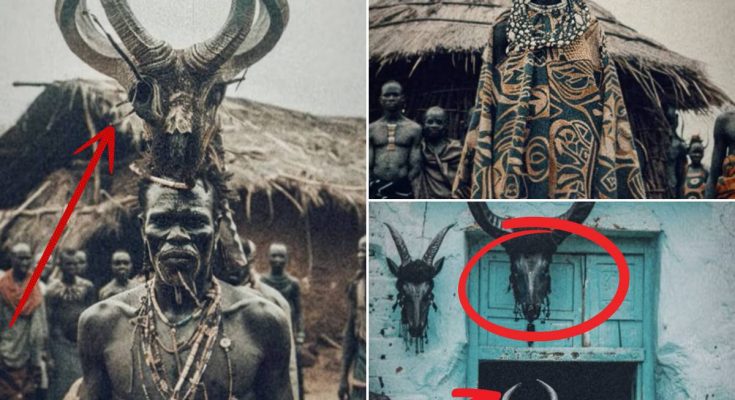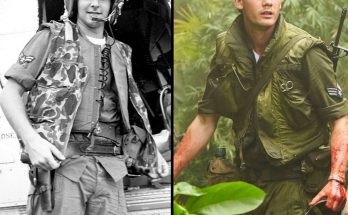Nestled along the banks of the Nile River in South Sudan, the Mundari people weave a vibrant cultural tapestry steeped in traditions passed down through generations. Predominantly pastoralists, the Mundari hold a deep reverence for cattle, which not only signify wealth but also embody spiritual and social significance. Their communal lifestyle revolves around extended family units living in traditional homesteads, fostering solidarity through shared customs and collective decision-making.

Central to Mundari life is the art of cattle herding, a time-honored skill intricately tied to their identity. Across the vast landscapes of South Sudan, they roam in search of grazing pastures and water sources, maintaining a harmonious balance with their environment. Rituals and ceremonies, including rites of passage and vibrant communal celebrations adorned with colorful attire, beads, and cowrie shells, showcase the richness of their cultural heritage.

Despite facing challenges such as environmental shifts and socio-political instability, the Mundari remain steadfast in preserving their cultural identity. While embracing elements of modernity like education and technology, they conscientiously integrate these with sustainable practices and ancestral traditions.
As Mundari communities navigate a changing world, their resilience shines through in their commitment to safeguarding their unique heritage. They envision a future where their cultural legacy thrives alongside evolving realities, exemplifying a profound journey of continuity and adaptation.





